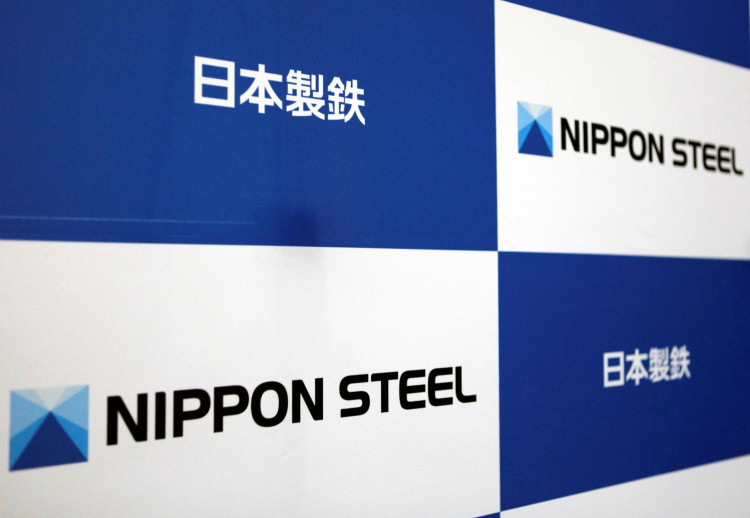The biggest steel-making company from the Land of the Rising Sun could close down more blast furnaces as part of plans to trim down costs, a senior executive said, as declining demand and lower Asian steel prices chew into its annual profit estimate.
Nippon Steel Corporation - the third-biggest steel manufacturer in the globe - operates 15 blast furnaces in the country and two are set for shut down by around March 2024.
Any additional closures would lower capacity and could undermine the Japanese steel giant's market clout in the growing and highly competitive Asian markets.
"Our goal is to bring down fixed costs to a proper level," Katsuhiro Miyamoto, Nippon Steel Executive Vice President, told Reuters in an interview on Friday.
Matching Decreasing Demand
"All installations, including blast furnaces, are future expansion goals," he added, noting the need to match decreasing local demand due to the shrinking population and higher export barriers in the face of increasing global trade disputes.
Nippon exports more than 40 percent of its steel production, but the figure may drop as Asian countries seek to increase local demand and China may be importing more steel off the coast from its newly built mills.
Nippon Steel also unveiled a restructuring plan to integrate it's 16 domestic bases into six steelworks that will be under the company's direct control, but specifics have not been released.
Miyamoto declined to comment on potential job losses but said some workforce reduction could be compensated by moving to other roles within the company because in some positions there were shortages.
Anxiety Build-Up
But slipping exports by its industrial customers, such as automotive and auto-parts manufacturers, slower shipbuilder orders in the midst of prolonged U.S.-Sino trade row and weak Asian steel prices "are cause for anxiety," Miyamoto said.
Nippon Steel has been stepping up overseas expansion to drive growth and counter declining local demand.
Last month, India's Supreme Court cleared the way for ArcelorMittal and Nippon Steel to take over the troubled Essar Steel, amid a legal tussle that has been running for two years across various courts.
Miyamoto said the project of buyers to double Essar's production in the coming years remains unchanged, but they may revisit certain measures to satisfy India's weaker demand for steel and declining prices of natural gas.
"In order to decide whether to construct a blast furnace or direct reduction facility, we must look at economic efficiency," Miyamoto added.






